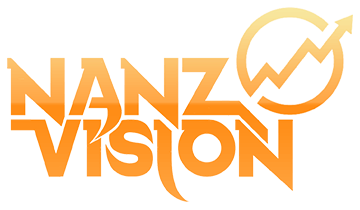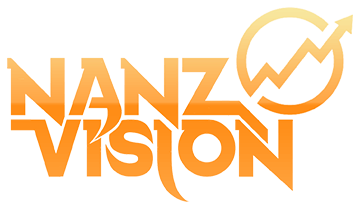Are you wondering about the benefits of Blockchain in digital marketing and how it will impact the marketing industry in 2022? Well, to understand its benefits, let’s understand the actual meaning of Blockchain A blockchain is a shared database that is shared among the nodes of a computer network. As a database, a blockchain stores information electronically in digital format. Blockchain technology can aid in the consolidation of customer trust in the digital world. It can increase the authenticity of online ads, brand transparency, cross-promotion with influencers, and reward customers for data sharing. Blockchain marketing envisions a completely new advertising and marketing environment in which consumers can own and sell their data to marketers and advertisers directly.
Does Blockchain affect digital marketing?
Yes, it does. Blockchain affects consumers’ privacy and data. When a consumer shares data online, there is always the possibility of data leaking. However, with the use of blockchain technology, this does not happen. It ensures that the data stays with the customers and that there are no leaks in the system. Blockchain has altered our perception of problems and has provided numerous advantages.
Blockchain technology addresses critical issues such as network trust. Any organization can focus on solving problems by changing the key parameter, trust. Global governments have recognized its significance and are eager to implement blockchain technology. Dubai Smart City 2020, for example, is a project that aims to build a smart city using new technologies such as blockchain. If you work in the industry, you should be aware of the benefits of blockchain technology, i.e., its advantages. It will assist you in learning about the upcoming changes if your company is currently implementing blockchain or plans to do so in the future. The majority of these benefits are closely related to core blockchain features.
Benefits of Blockchain in Digital Marketing

Better Transparency:
Transparency is a significant issue in today’s industry. Organizations have attempted to implement more rules and regulations to improve transparency. However, there is one factor that prevents any system from being completely transparent: centralization. An organization can use blockchain to create a completely decentralized network that eliminates the need for a centralized authority, increasing the system’s transparency.
A blockchain consists of peers who are in charge of carrying out transactions and validating them. Not every peer participates in the consensus method, but they can choose whether or not to participate in the validation process. The consensus method provides validation through decentralization. Each node keeps a copy of the transaction record after it has been validated. The blockchain network handles transparency in this manner.

Enhanced Security:
In comparison to other platforms or record-keeping systems, blockchain technology uses advanced security. Recorded transactions must be agreed upon using the consensus method. In addition-using a hashing method, each transaction is encrypted and has a proper link to the previous transaction.
The fact that each node has a copy of all conducted transactions ever on the network adds to the security. As a result, any malicious actor attempting to modify the transaction will be unable to do so because other nodes will deny his request to write transactions to the network. Blockchain networks are also immutable. It means that one can not change the data once it’s been written. It is also the best option for systems that rely on immutable data, such as citizen-aging systems.

Fits in Budget:
Businesses are currently spending a lot of money to improve their system management. That is why they aim to save costs and invest their savings in something new or bettering existing procedures.
Organizations may save a lot of money by embracing blockchain to reduce costs connected with third-party vendors. There are no vendor expenses on blockchain because there is no inherited centralized player. Furthermore, when it comes to authenticating a transaction, less interaction is required, avoiding the need to spend money or time on basic tasks.

Authentic Traceability:
Companies can use blockchain to focus on developing a supply chain that works with both vendors and suppliers. It is challenging to trace items in the traditional supply chain, leading to countless issues like theft, counterfeiting, and loss of goods.
The supply chain becomes more transparent than ever before thanks to blockchain. It allows each party to track the goods and ensure that they are not being replaced or mishandled during the supply chain process. Organizations can also benefit from blockchain traceability by implementing it internally.

Improved Speed and Efficiency:
The final industrial benefit of blockchain is increased efficiency and speed. Blockchain eliminates time-consuming processes and automates them to increase efficiency.
It also eliminates human-made errors through automation. Everything is made possible by the digital ledger, which serves as a central repository for all transactions. Process streamlining and automation also implies that everything becomes highly efficient and fast.
To wrap it up:
Many people ask; which industry can benefit from blockchain? Almost every industry can benefit from blockchain technology. After realizing the potential of blockchain technology, many companies are already actively utilizing it. Now that you understand the significance or benefits of blockchain, you can make an informed decision about whether or not to use it.
Blockchain is a game-changing technology that will have a significant impact on every industry. But, in the end, the choice is entirely yours. Hopefully, this guide will assist you in making the best decision for your company.





